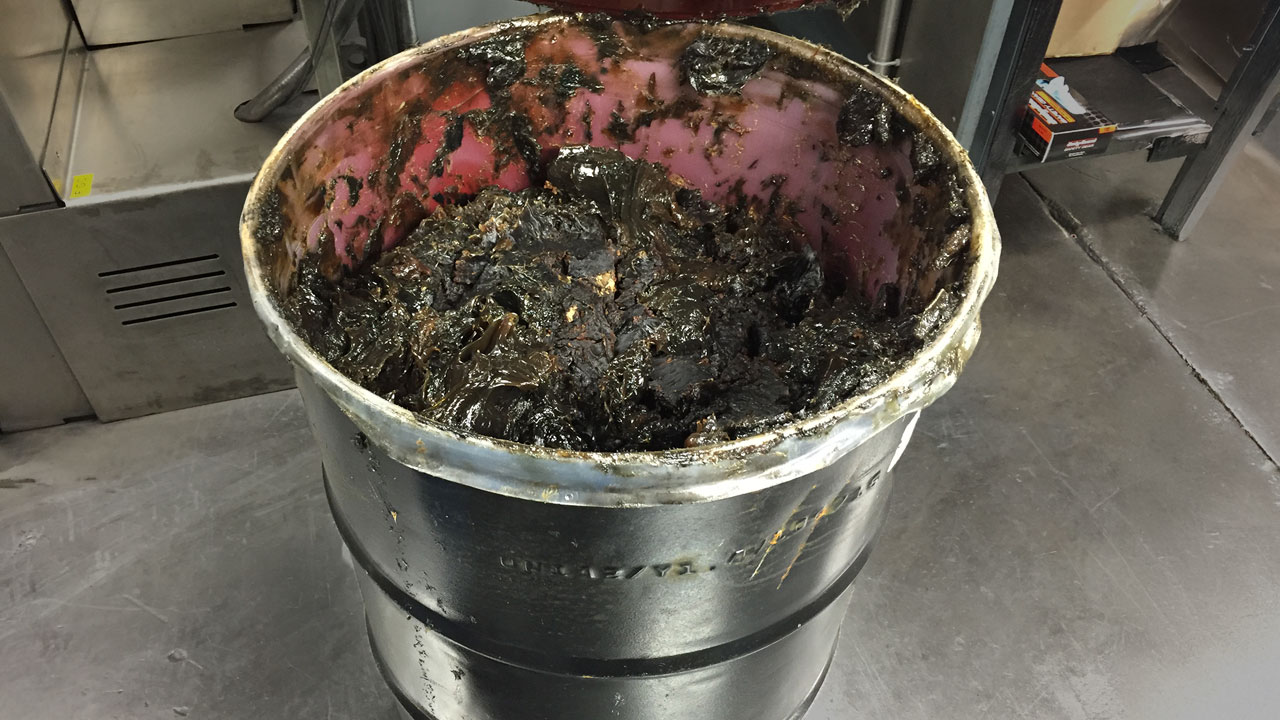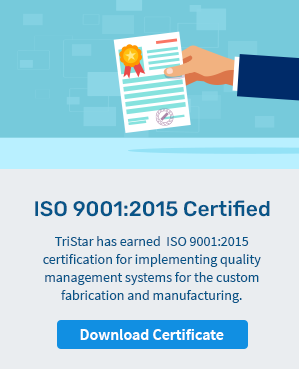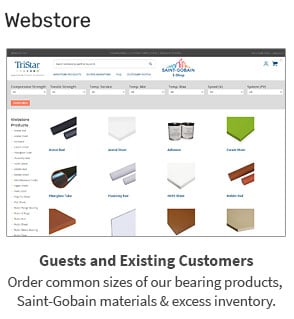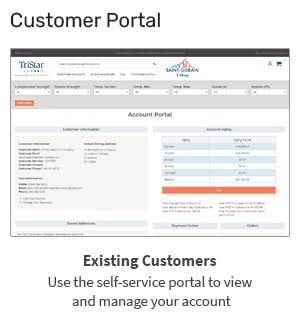
For traditional bushing materials like bronze, lubrication is not optional, it’s a requirement of the material. Lubrication requirements mean not only more maintenance but more “muck”.
While precise needs will vary by application, it’s important to understand that we’re not talking about a few drops of oil. In high-performance industrial applications, bronze bushings demand massive amounts of grease to keep equipment running. And the cost, both financial and environmental, is staggering.
How much grease do bronze bushings need?
Unlike self-lubricating polymer options, bronze bushings require abundant amounts of lubricating grease to keep industrial equipment running. To illustrate just how much, one of our clients shared the results of a routine cleaning.
The maintenance team pulled out an entire barrel of grease, nearly 42 gallons (159 liters), weighing close to 400 pounds.
This wasn’t accumulated over years; that’s the amount of excess lubricant our partner removed from just one machine during routine maintenance of their bronze bushings.
To make matters worse, this facility had two full-time workers assigned exclusively to degreasing their manufacturing and packaging lines. And despite all that effort, bearings left with excess grease were still prone to seizure and equipment stoppage.
Do bronze bushings always need grease?
In nearly every industrial application, bronze bearings require a lubricant to reduce friction. While some designs use oil instead of grease, most rely on heavy greasing.
But lubrication introduces multiple problems:
- Ongoing Maintenance: Regular re-greasing, cleaning, and inspection required
- Contamination Risks: Grease attracts dust and particulates, accelerating wear
- Environmental Impact: Excess grease disposal adds to waste streams
- Downtime Costs: Machines offline for cleaning and repair
Some bronze bushings are impregnated with oil for limited self-lubrication. However, this doesn’t eliminate the need for ongoing cleaning and does little to prevent contamination buildup.
A Better Alternative: Self-Lubricating Polymer Bearings
More and more manufacturers are replacing bronze bushings with advanced polymers and composites like Rulon® and Ultracomp®. These materials feature built-in lubrication, meaning no grease, no oil, and no messy cleaning.
Case Study: Immediate Results
When our client replaced their bronze bushings with self-lubricating polymer bearings:
- Their full-time maintenance crew was reassigned to higher-value tasks
- Production stoppages caused by bearing seizure were virtually eliminated
- They saved an estimated 2,000 labor hours per year
- Their plant footprint became cleaner and greener, no more barrels of grease waste
Expert Note from Tristar: We’ve seen similar success across food, medical, marine, aerospace, and heavy industrial equipment. Wherever grease creates risk, self-lubricating polymers deliver reliability.
Why Make the Switch from Bronze to Polymer?
- No Grease Required: Self-lubricating materials eliminate re-greasing
- Lower Operating Costs: Maintenance labor reduced dramatically
- Cleaner Operations: No lubricant contamination in sensitive environments
- Sustainability Benefits: Reduced waste, safer for operators, greener footprint
- Proven Performance: Trusted by industries worldwide for 40+ years
Read about the differences between self-lubricating bearings and greased metal bearings here.
Want to learn how you can end bearing lubrication? And save a barrel in maintenance costs? Ask the plastic composite bearing experts ― we can help!
To learn more about the different kinds of bearings, bearing failure, and more check out our Bearings 101 feature article.








